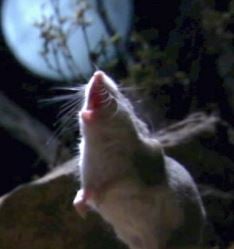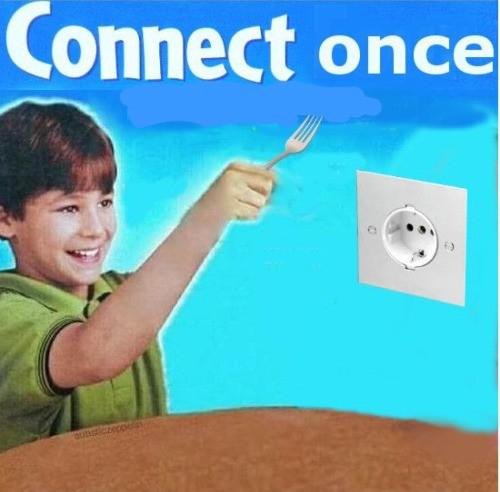I’m curious what users feel makes a great sci-fi story. What elements do you feel “make or break” the story specifically where sci-fi is concerned? For me, I really enjoyed the Expanse series, as it feels like there’s a sort of “believability” to it all. The authors make everything seem very realistic, even if some of the descriptions and physics are made up.
What is it about your favorite sci-fi books and shows that make them your favorites?
One of my favorite themes is social commentary in science fiction. The Expanse is a great example: humanity colonizes the solar system, but instead of achieving some kind of utopia, it just becomes a continuation of the same class warfare that has always existed on earth. Even when the alien tech opens up essentially unlimited free real estate, some corporation still gets into a violent conflict with the belters over a lithium mine.
Strong world building. No matter how farfetched the technology/society/species, if there is enough backstory or precedent anything is believeable. For example, Isaac Asimov’s robots aren’t realistic at all but he starts by laying down a set of rules (three laws of robotics)and wrote entire books worth of stories detailing their development. This not only allows readers to suspend their disbelief and accept that sentient robots exist but gives context and relatability to all of your characters/events/locations. The Expanse acheived the same by simply rooting it’s fiction deeply in reality which makes it inherently relatable. The rest is normal storytelling.
I came across this quote in the book I’m currently reading, Until the End of Time by Brian Greene. It doesn’t really go into what makes a great story, but rather what prevents a story from being great:
For a concept to grab hold of our attention with enough force that we remember it and transmit it to others, the concept must be sufficiently novel to offer surprise but not so outrageous that we immediately deem it ridiculous. Invisible people? Sure, so long as invisibility is the only counterintuitive feature. A river that answers calculus problems by singing them to the theme of MAS*H? Silly, and so is dismissed by most everyone and quickly forgotten. Aligning with the larger-than-life themes of mythic tales, the protagonists we encounter are larger than life but minimally counterintuitive constructs of the human imagination. No surprise that these protagonists have physical forms, thought processes, and even personality profiles that, at the very least, are thoroughly familiar, even if their powers exceed expectations based on anything we have ever encountered.
If you liked the Expanse you might be interested in Kim Stanley Robinson’s Mars series, and for the same reasons.
As for your original question, for me the important part is good writing and story telling. Some writers’ styles just turn me off no matter how good or important the work is. Narrative style is what makes or breaks a book for me no matter the genre.




